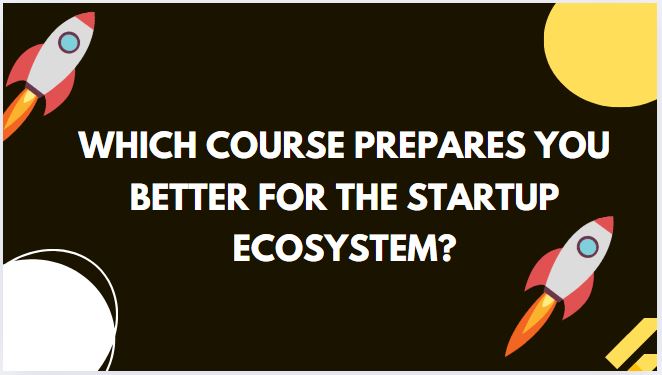
Mental health is as important as physical health. It’s about how you feel, think, and behave. Good mental and physical health can help you cope with stress, build strong relationships, and make healthy choices. Poor mental health can lead to problems at work, school, and home.
World Mental Health Day is celebrated on October 10th each year to raise awareness about mental health and to promote positive change. The theme for 2023 is “Our Minds, Our Rights”. This theme focuses on the importance of protecting and promoting the mental health rights of all people.
Mental health rights mean that people with mental health issues should be treated with kindness and respect. These include the right to access quality mental health care, the right to be free from discrimination, and the right to make decisions about their own lives.
Working professionals are particularly vulnerable to mental health problems because of a number of factors, including high levels of stress, long hours, and lack of work-life balance.
Some common problems among employees include:
- Anxiety
- Depression
- Stress
- Burnout
- Substance abuse
These problems can have a significant impact on work performance. Employees who are struggling with their mental health may have trouble concentrating, making decisions, and completing tasks. They may also be more likely to take sick days and leave their jobs.
India accounts for nearly 15% of the global mental health burden, with 80% of the Indian workforce reporting issues, according to World Health Organization HO and Deloitte surveys, respectively.
Around 47% of professionals surveyed consider workplace-related stress as the most significant factor affecting their mental health. The report further estimates that poor mental health among employees costs Indian employers around $14 billion per year because of absenteeism and employee attrition. Despite these alarming numbers, societal stigma prevents around 39% of the affected respondents from taking steps to manage their symptoms.
Employers have a role to play in protecting and promoting the mental well-being of their employees. There are several things that employers can do to create a mentally healthy workplace, such as:
- Providing access to mental health resources
- Promoting a culture of work-life balance
- Offering flexible work arrangements
- Training managers and supervisors on how to recognize and support employees with mental well-being problems
If you are a working professional who is struggling with your mental health, there are a number of things you can do to get help:
- Employee Assistance Programs (EAPs): EAPs are private counselling services provided by employers. They can help with different problems like mental health, balancing work and life, and personal relationships.
- Seek professional help: If you’re going through tough times with your psychological well-being, it might be a good idea to chat with an expert like a therapist or a psychiatrist. They can help you figure out what’s going on, teach you how to handle it, and devise a plan to improve things.
- Support groups: Support groups are places where you can meet and talk with others going through the same mental challenges. It’s a safe and friendly space to share and get support.
MIT School of Distance Education has introduced MIT Harbour for employees to deal with psychological issues and balance their work-life.
MIT Harbour offers a variety of resources, including live interactive sessions with psychologists. This can be especially beneficial for working professionals who may be facing increased stress and anxiety levels.
MIT Harbour offers live interactive sessions with industry professionals and soft skill trainers. These sessions can help learners develop the skills and knowledge they need to succeed in their careers and build their confidence and soft skills.
If you are a working professional looking to develop yourself holistically, I encourage you to consider MIT Harbour. It is a valuable resource that can help you to improve your mental health, career prospects, and overall well-being.



